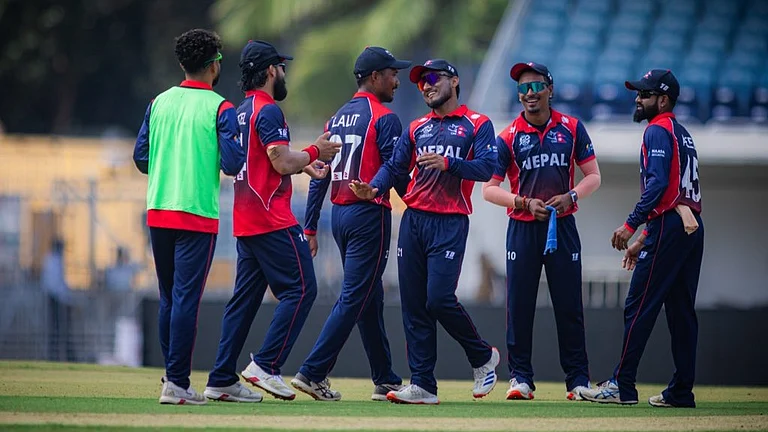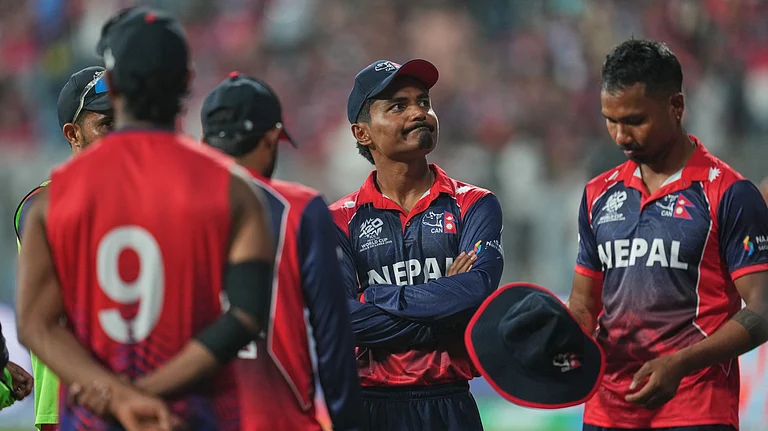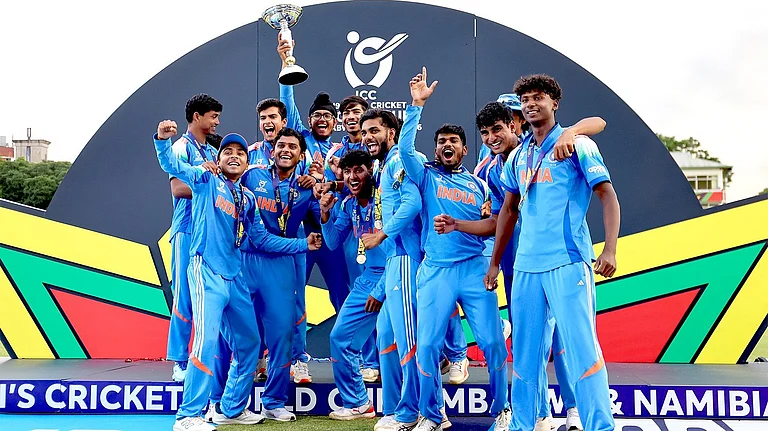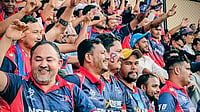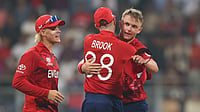Cricket's spin maestro, Ravichandran Ashwin, isn't content with just outsmarting batsmen on the pitch. He's making a knight's move into the chess world, co-owning a team in the upcoming Global Chess League (GCL). The 2024 season of the GCL is scheduled to be played in London from October 3 to 12. (More Sports News)
The Global Chess League, a Tech Mahindra and FIDE collaboration, unveiled its six season two franchises. Chess lover Ravichandran Ashwin joins as co-owner of "The American Gambits" alongside business leaders Prachura PP and Venkat Narayana.
The American Gambits won't have an easy road to the title.
They'll be challenged by the Alpine SG Pipers (owned by APL Apollo-led SG Sports), the Ganges Grandmasters (owned by Insurekot Sports), the Mumba Masters (owned by Ronnie Screwvala led Unilazer Ventures), the PBG Alaskan Knights (owned by Punit Balan Group), and the defending champions, the Triveni Continental Kings (owned by Triveni Engineering & Industries Limited).
“We’re thrilled to introduce the American Gambits to the chess world. With a blend of strategic brilliance and unwavering determination, our team aims to redefine the game. As the co-owner, I’m excited to witness their journey and contribute to their success,” R Ashwin said in a release by Global Chess League.
League Format
In the second edition of GCL, each team will play a total of 10 matches in a double round-robin format, with the winner of each match being decided in a best-of-six board scoring system.
Each team will play ten matches, alternating between black and white pieces. In the first round, all six players of each team will play five matches using either the white or black pieces against their opponents.
In the reverse round, the entire team will play five matches with the opposite color pieces against the same opponents.
The winning team for every game will be determined by the points aggregated from wins and draws across all six games played in the match. The top two teams will qualify for the final round.








